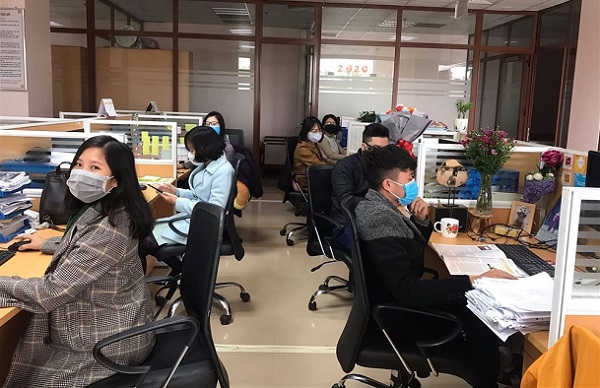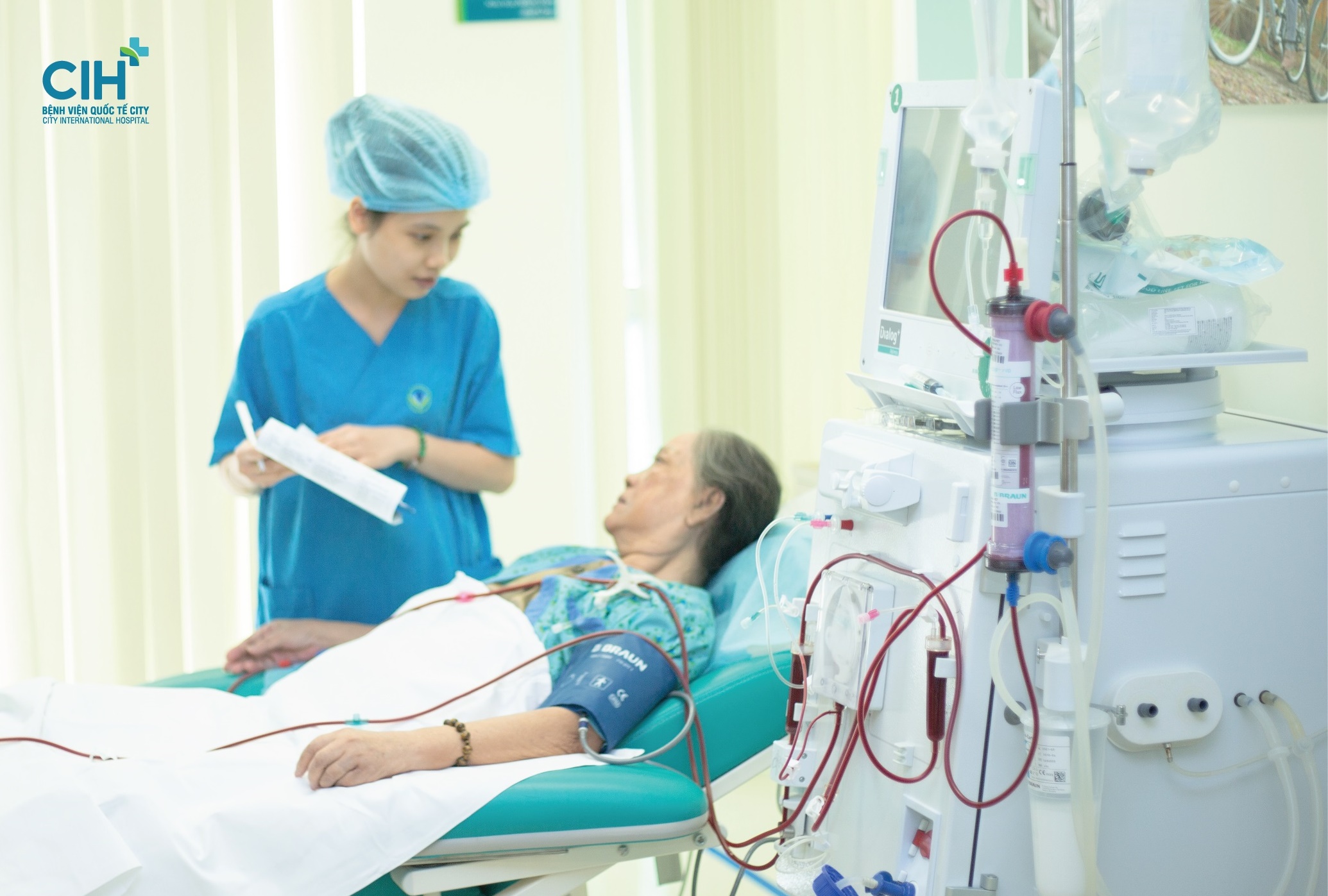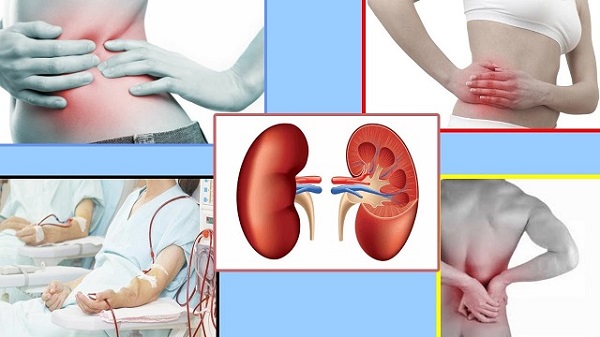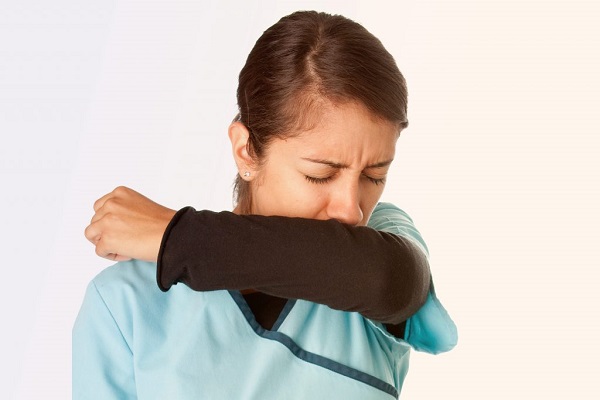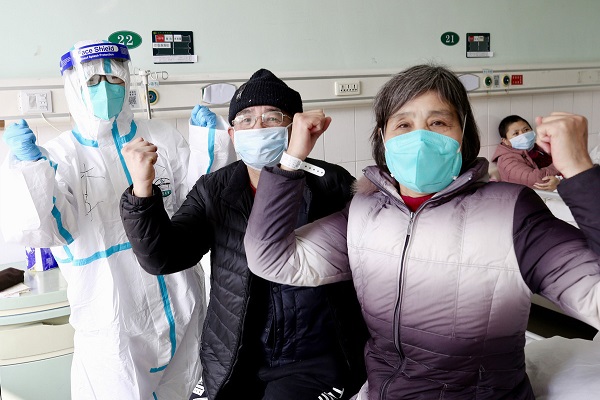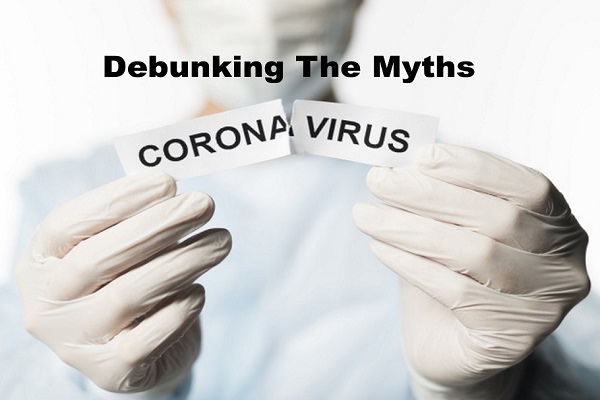Kidney stones and urinary tract infections are two of many common urinary tract conditions.
The urinary tract plays a role in helping the body eliminate toxins and dissolved substances from the blood circulation. The organs in the urinary system include: kidneys, urine pipes, balloon (bladder), urethra (passing urine from the bladder to the urethral opening to discharge).
Urinary tract infections (UTI)
Infections of the urinary tract are a common health problem worldwide and can be categorized as either uncomplicated or complicated that occurs in the urinary tract of both men and women. The disease is mainly caused by bacteria, fungi, urinary stones. Typically, the incidence of women with urinary tract infections is often higher than that of men due to the rather complicated genital structure (the structure of the urethra is short and straight, near the anus). Daily habits such as urinating, sitting for a long time, improper vaginal hygiene, unsafe sex, etc. also increase the risk of urinary tract infections.
When suffering from urinary tract infections, patients often have very uncomfortable symptoms such as: urination, severe urination (urinating several times but only a little urine each time), cloudy urine, bloody urine, abdominal pain lower (urinary tract inflammation), lower back or side pain (in case of kidney infection), fever, chills ...
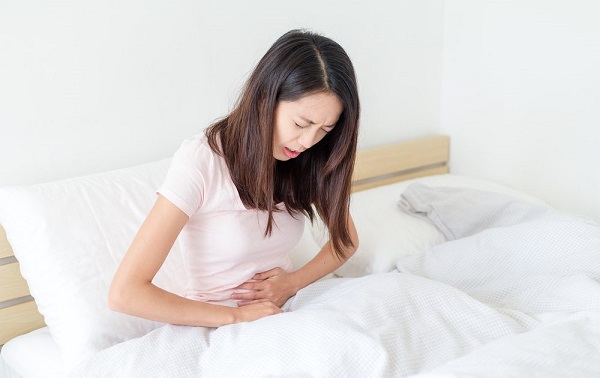
pain or a burning sensation when urinating. is 1 Common symptoms of (UTI) Urinary tract infection
The cause of urinary tract infections is due to poor vaginal hygiene, use of catheterization procedures, use of vaginal diaphragms, condoms containing spermicide, or bacterial infections from a sexual partner. When having sex (especially gonorrhea bacteria), ... are all causes of urinary tract inflammation. The pathogen usually appears first in the lower part (urethra, bladder) and if left untreated, it can worsen leading to an inflammation of the upper urinary tract (ureter, kidney), which reduces kidney function and is very dangerous.
Some dangerous complications of urinary tract infections if not treated promptly:
- Acute pyelonephritis.
- Abscess around kidney.
- Sepsis.
- Acute renal failure
- Children with ureteral reflux can cause rapid kidney infections that lead to chronic kidney failure.
- Pregnant women with urinary tract infections can cause premature birth, miscarriage, neonatal infections ...
When there are any signs of urinary tract infections, see a urologist to get an accurate diagnosis and prompt treatment.
Kidney stones
Kidney stones - caused by infection and high blood levels of calcium. When solids are too dense to precipitate and when deposited, they accumulate into stones. If small gravel particles can be pushed out. If the gravel is large, it will rub against the wall of the urinary tract, which may become narrower and widen.
Kidney stones have many causes. The first is that the individual does not drink enough water or an excess of some substances through eating, due to organ factors, congenital leads to low and concentrated urine output. In addition, people who are overweight, hypertension, diabetes, dyslipidemia, excess protein in animals also have a high risk of kidney stones. Similarly for patients with diseases or urinary tract deformities, such as renal pelvis stenosis, stenosis, prostate, etc.
According to Dr. Nguyen Van Khoa, MD, MS, Urology - City International Hospital (CIH) “Kidney stones started very quietly and there were no clear signs. Unless the patient performs a urine test with blood, inflammatory cells, crystals ... or an ultrasound or X-ray accidentally finds stones, kidneys and water ".
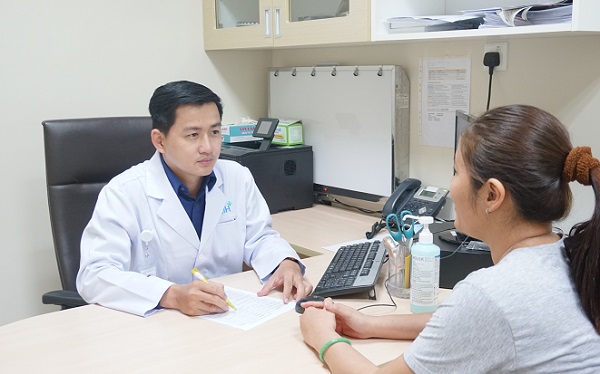
Dr. Nguyen Van Khoa, MD, MS, Urology - City International Hospital (CIH)
When obstructed, the blockage of the gravel is often painful. Rubbing stones causes blood hematoma (redness). When there is an infection, the piglet is cloudy or cloudy with fever. Examination of pain when touching the kidney or the stone site.
The disease usually occurs after secondary disorders of calcium metabolism such as excess vitamin D, osteoporosis, hyperparathyroidism, ...Treatment: Depending on the size, location, structure of the gravel, specialists at City International Hospital will have many solutions. Can treat the medicine with small stones to remove stones, reduce pain, prevent relapse. However, for stones that are not suitable for medical treatment, it is necessary to intervene by many modern means:
- Endoscopic ureter lithotripsy with laser. No surgery is required, just a day hospitalization.
- Extracorporeal lithotripsy (ESWL).
- Percutaneous kidney stones (PCNL) surgery if the stones are too large.
For appointment or more information about the services provided by General Surgery Department, please contact:
- Nurse Station: (8428) 6280 3333, ext. 8247 or 8246
- Patient service: (8428) 6280 3333, ext. 8242
- Operator: (8428) 6280 3333, ext. 0
- Address: No. 3, 17A Street, Binh Tri Dong B Ward, Binh Tan Dist. (Next to AEON Mall Binh Tan). Ho Chi Minh City.
- Website: https://cih.com.vn/en/
- Email: This email address is being protected from spambots. You need JavaScript enabled to view it.











